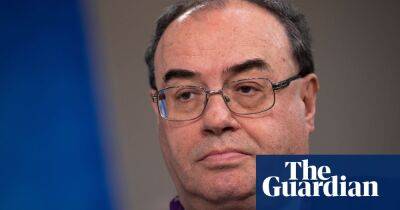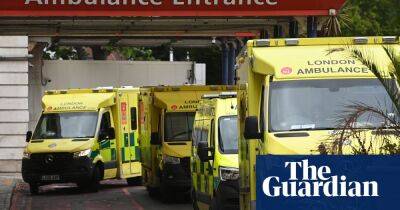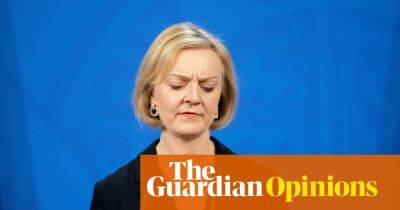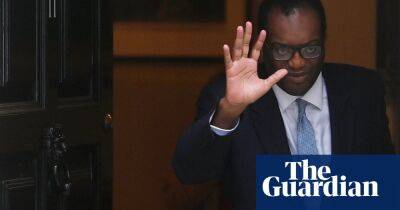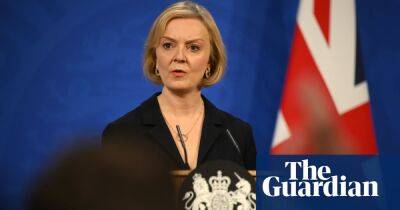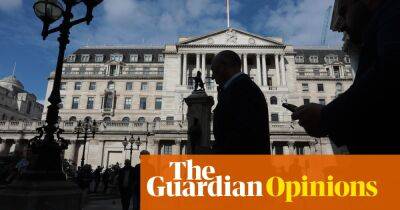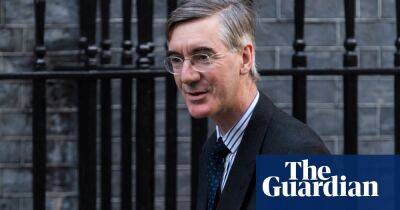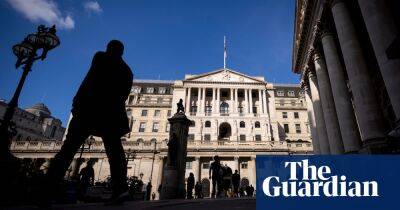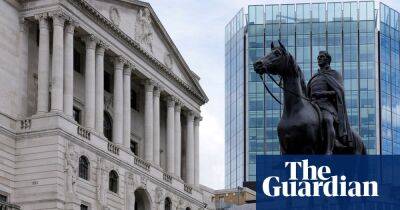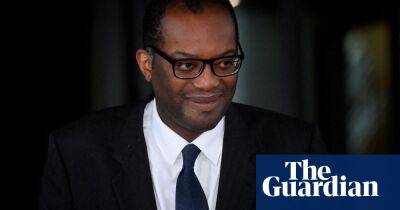UK price cap on household energy bills expected to cost £89bn
Liz Truss’s intervention to freeze energy prices for households for two years is expected to cost the government £89bn, according to the first major costing of the policy by the sector’s leading consultancy.
The analysis from Cornwall Insight, seen exclusively by the Guardian, shows the prime minister’s plan to tackle the cost of living crisis could cost as much as £140bn in a worst-case scenario.
Truss announced in early September that the average annual bill for a typical household would be capped at £2,500 to protect consumers from the intensifying cost of living crisis and a scheduled 80% rise in the cap to £3,549.
The ultimate cost of the policy is uncertain as it is highly dependent on the wholesale cost of gas, which has soared since Russia’s invasion of Ukraine put a squeeze on already-volatile international markets. Ballpark projections had put the cost anywhere from £100bn to £150bn.
The Office for Budget Responsibility is expected to give its forecast for the bill when it provides its independent assessment of Kwasi Kwarteng’s medium-term fiscal plan, which the chancellor said on Tuesday would still happen on 23 November despite previous reports that it would be brought forward.
Cornwall Insight analysed projections of wholesale market moves to cost the intervention. In its base case scenario, analysts expect the policy to cost £89bn. That assumes the cost of supporting each household would be just over £1,000 in the first year, and about £2,000 in the second year.
The study’s authors said the wholesale price of gas would be influenced by energy demand, the severity of weather, “geo-political uncertainty” and prices for liquified natural gas as Europe seeks to refill storage facilities, which countries have rushed
Read more on theguardian.com
